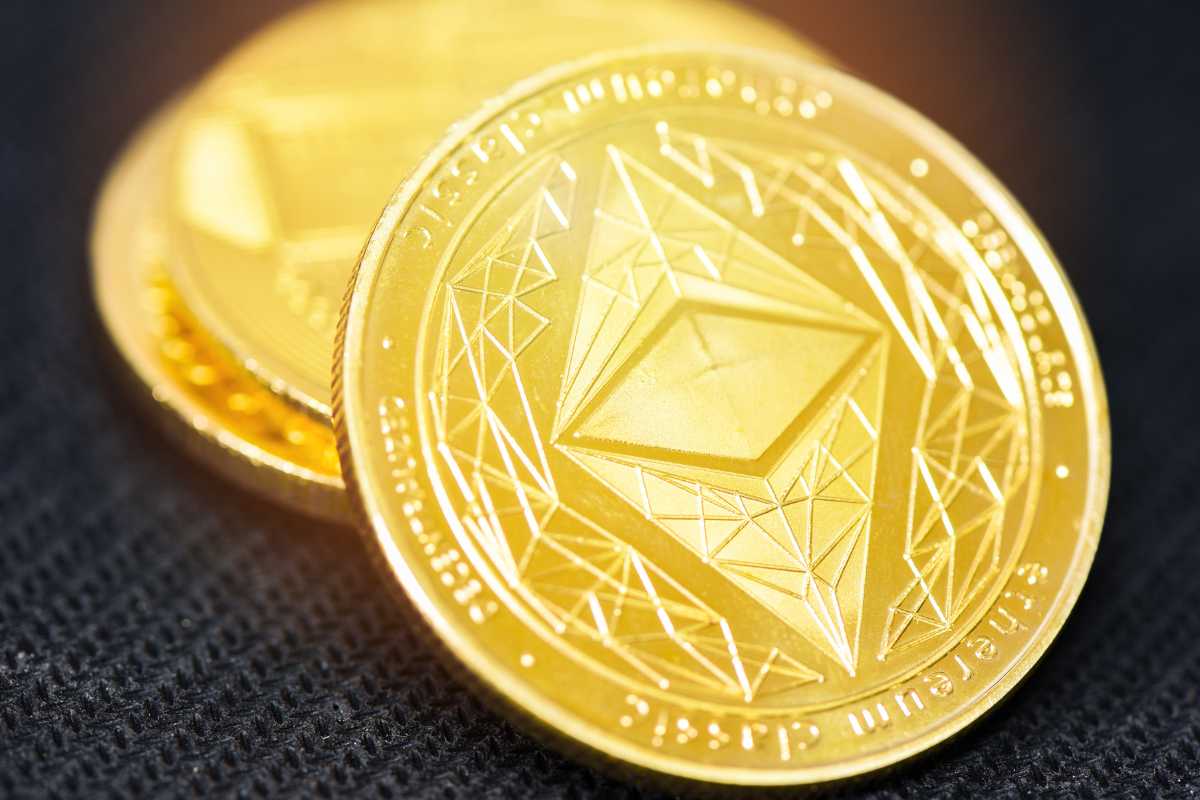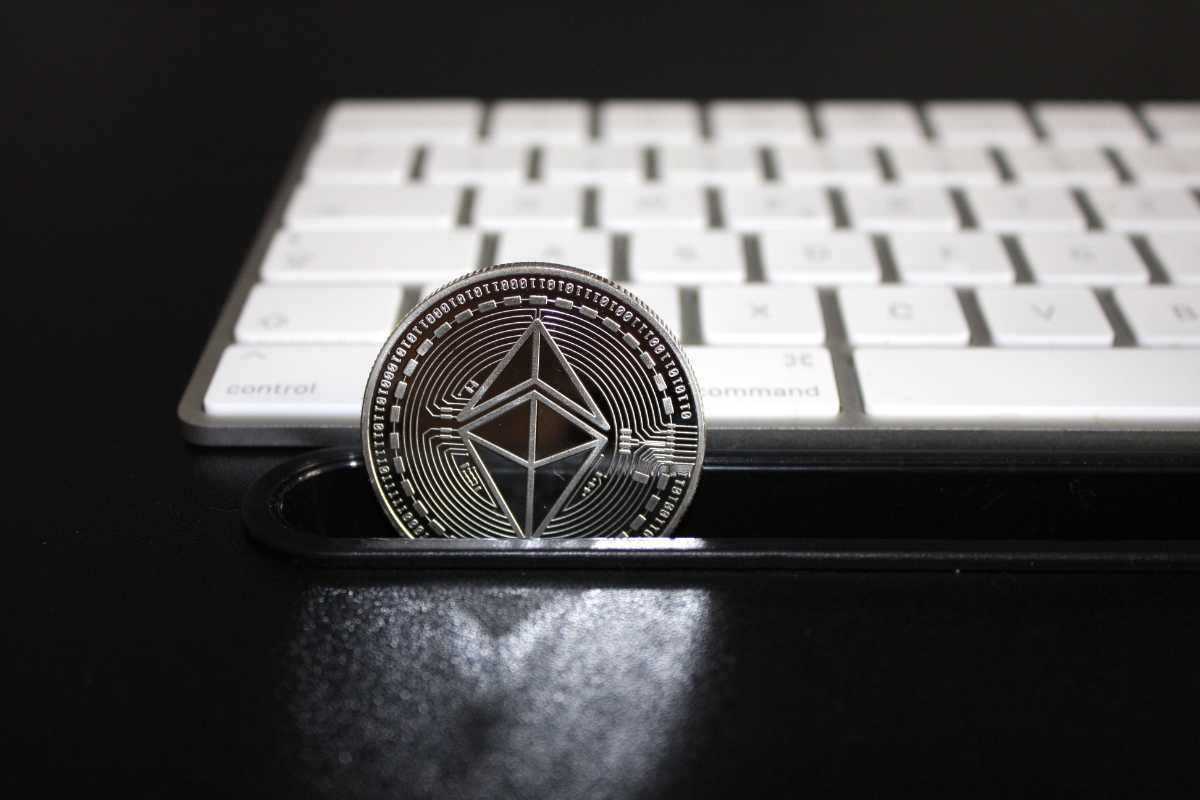Monday Mar 18 2024 07:54

10 min

As the popularity of cryptocurrencies continues to grow, more and more people are getting interested in Ethereum. As a decentralised platform, Ethereum offers numerous opportunities for developers and investors.
However, in order to fully participate in the Ethereum network, you need a wallet to store and manage your Ether (ETH) tokens. In this article, I will guide you through the process of choosing the right Ethereum wallet that suits your needs.
When it comes to cryptocurrencies, security should be your top priority. Your Ethereum wallet is where you store your private keys, which are essential for accessing and managing your funds.
Therefore, choosing a reliable and secure wallet is crucial to protect your assets from potential hacks or thefts.
Additionally, the right Ethereum wallet should also offer a user-friendly interface and convenient features that make it easy for you to interact with the Ethereum network.

Ethereum wallets are essential tools for interacting with the Ethereum blockchain, allowing users to manage their Ether (ETH) and other Ethereum-based tokens.
These wallets store the user's private keys, the critical piece of information needed to sign transactions and prove ownership of the Ethereum assets. There are several types of Ethereum wallets, each offering different levels of security, convenience, and control.
Hardware wallets are physical devices that securely store private keys offline. They are considered one of the safest options because they are immune to online hacking attempts.
Users connect the device to their computer or smartphone to access their assets. Popular examples include Ledger Nano S, Ledger Nano X, and Trezor.
These wallets are applications that can be installed on a computer or smartphone. They offer a convenient way to access and manage Ethereum assets but are considered less secure than hardware wallets because they are susceptible to malware and hacking. Software wallets are further divided into:
Desktop Wallets: Installed on a desktop or laptop computer, providing security and control. Examples include Exodus and MetaMask.
Mobile Wallets: Apps installed on a smartphone, offering convenience and portability. Examples include Trust Wallet and Argent.
Web wallets run in a browser and do not require downloading any software. While they offer ease of use and quick access, they are generally less secure because private keys are often stored online or managed by a third party.
Examples include MyEtherWallet (MEW) and MetaMask (when used in browser mode).
A paper wallet is a physical document that contains a public address for receiving Ethereum tokens and a private key for spending or transferring tokens. Paper wallets are considered highly secure against online attacks since they are stored offline. However, they are susceptible to physical damage and loss.
These wallets are managed by a third party, such as a cryptocurrency exchange. The user does not control the private keys, which means the service provider has custody of the assets.
While this setup offers convenience, especially for novice users, it also carries the risk of losing assets if the service provider is hacked or acts maliciously.
Non-custodial wallets give users complete control over their private keys and, consequently, their funds. This type of wallet requires more responsibility from the user to securely manage and back up their keys.
Choosing the right type of Ethereum wallet depends on the user's priorities, such as security, convenience, and the level of control they wish to have over their assets.
Hardware and paper wallets are preferable for long-term storage of large amounts, while software and web wallets are convenient for frequent transactions and trading.

Now let's compare some of the popular Ethereum wallets based on their security features, user-friendly interface, and compatibility with other platforms and decentralised applications (dApps).
When choosing an Ethereum wallet, it's important to consider the security features it offers. Look for wallets that provide two-factor authentication (2FA), encryption, and backup options. These features can greatly enhance the security of your wallet and protect your funds from unauthorised access.
A user-friendly interface is essential to ensure a smooth and hassle-free experience with your Ethereum wallet. Look for wallets that have intuitive navigation, clear instructions, and easy-to-understand features.
Additionally, consider the convenience factor, such as the ability to easily send and receive Ether, access transaction history, and manage multiple wallets.
Ethereum is not just about storing and managing Ether. It also offers a wide range of decentralised applications (dApps) and smart contracts. Therefore, it's important to choose a wallet that is compatible with these applications.
Look for wallets that support Ethereum's ERC-20 tokens and provide seamless integration with popular dApps like Uniswap, Compound, and MakerDAO.
Another factor to consider when choosing an Ethereum wallet is whether you prefer a mobile or desktop application.
Mobile wallets offer the convenience of accessing your funds on the go, while desktop wallets provide a more secure environment as they are less susceptible to malware and hacking attempts. Consider your lifestyle and preferences to decide which type of wallet suits you best.
If you are new to Ethereum, it's recommended to start with a beginner-friendly wallet that offers a straightforward interface. Some of the best Ethereum wallets for beginners are MetaMask, Trust Wallet, and MyEtherWallet.
These wallets provide easy setup processes, clear instructions, and great community support to help you get started with Ethereum.
For experienced users who require more advanced features and control over their Ethereum holdings, some wallets cater to their needs. Geth and Parity are popular choices among developers and power users.
These wallets offer advanced functionalities like running a full Ethereum node, interacting with smart contracts, and participating in the network's governance.
Choosing the right Ethereum wallet is crucial for the security and convenience of managing your Ether tokens. Consider the type of wallet (hardware, software, or web), security features, user-friendly interface, compatibility with other platforms and dApps, and your own preferences when making a decision.
Remember to always prioritise security and choose a wallet that offers reliable encryption, backup options, and two-factor authentication. Whether you are a beginner or an experienced user, there is a perfect Ethereum wallet out there for you.
With the right Ethereum wallet, you can confidently and securely participate in the Ethereum network and take advantage of the numerous opportunities it offers.
So take the time to research and choose the best Ethereum wallet that fits your needs and start exploring the exciting world of Ethereum today!
Discover the benefits of trading with Markets.com.
“When considering “CFDs” for trading and price predictions, remember that trading CFDs involves a significant risk and could result in capital loss. Past performance is not indicative of any future results. This information is provided for informative purposes only and should not be considered investment advice.”